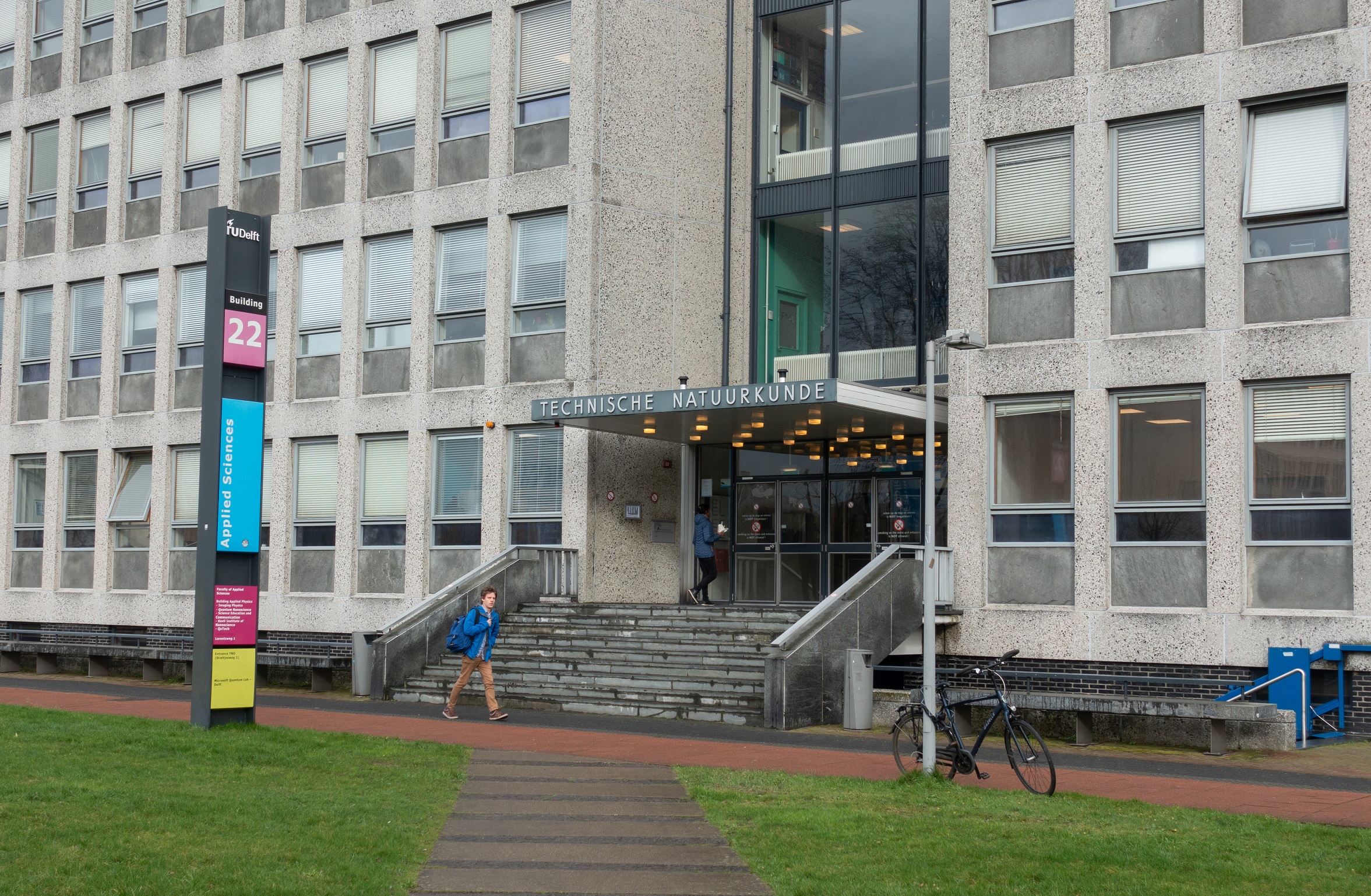The Netherlands has received 42 European research grants for young scientists this year. Two of them went to Delft: Caroline Paul (AS) and Peyman Mohajerin Esfahani (3mE).
(Photo: Lucas de Leeuw)
These starting grants are intended for scientists with at least two and no more than seven years of work experience since obtaining their PhDs. With grants that can run up to 2.5 million euros each, researchers have the freedom to put their own research team to work.
Caroline Paul (Applied Sciences) receives the grant for research on biocatalytic alkylation and Peyman Mohajerin Esfahani (3mE/Delft Center for Systems and Control) for his research on decision-making problems in uncertain and dynamic environments.
Only 13% of all applications were approved
This time the European Research Council awarded 436 grants for a total amount of 677 million euros. That is 56 million euros more than last year. The chances of success were slim as always, as only 13% of all applications were approved.
Germany emerged as the big winner of this round with 88 grants. In second place, with 62 grants, is the United Kingdom. Next in line are the Netherlands (42), France (38) and Switzerland (34).
Robots
9.6% of all starting grants were awarded to the Netherlands. The laureates will be conducting research on a very wide range of scientific topics, from robots made from soft materials to the influence of pregnancy on the human brain.
An overview of the awarded grants to Dutch universities:
Just like last year, scientists at the University of Amsterdam received most of the grants (8) awarded to our country. Utrecht University also did well (5), followed by Leiden University (4) and Dutch Research Council institutes (4).
Furious
For years, Dutch researchers have performed remarkably well in applications for European research funding. So universities were understandably furious when they discovered before the summer holidays that the available European research budget had been cut by billions and was considerably smaller than expected.
HOP, Evelien Flink
Translation: Taalcentrum-VU
Do you have a question or comment about this article?
redactie@hogeronderwijspersbureau.nl


Comments are closed.